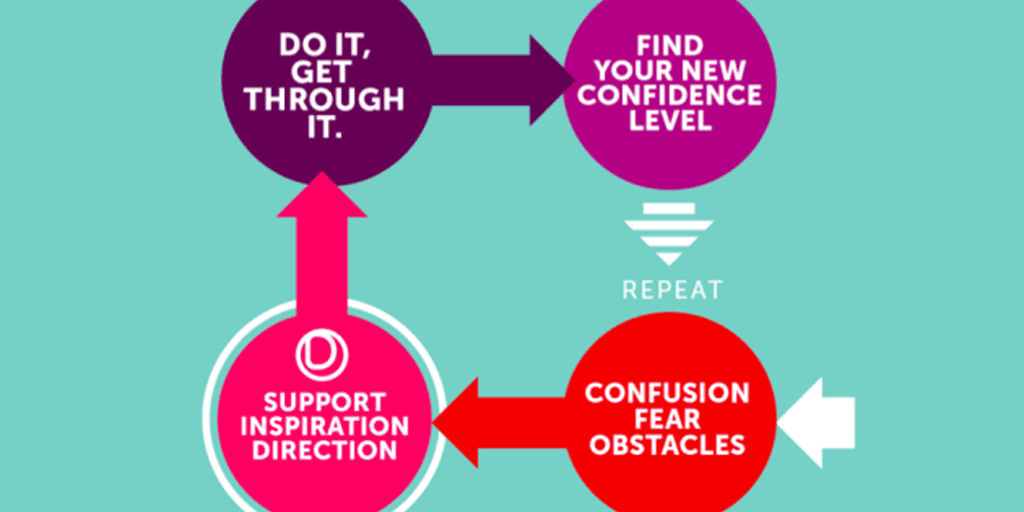Have you ever asked yourself what life is all about? Questions like Why am I here? Why is life worth living? And what is my role in this sometimes confusing world of ours?
I have certainly had these questions pop up in my mind, especially during my mid-thirties when I started consciously reflecting on how I wanted to live my life, how I wanted to work, spend my family life, and how I wanted to show up in this world.
The Japanese concept of ikigai or “life purpose” can help you in discovering your life purpose
There is a beautiful Japanese concept called ikigai, which can be roughly translated to “the reason for living.” Iki means “life” while gai stands for “value” or “worth.” Ikigai hence describes your life’s bliss or purpose—what it is worth living for.
In Western societies, the ikigai concept has been brought up in many books and coaching programs in recent years. Often it is depicted as a Venn diagram, with people’s ikigai lying at the intersection of four components: what you love doing, what you are good at doing, what the world needs, and what you can get paid to do.
Nowadays, many people are split between two seemingly conflicting wishes: on the one hand, to live a purposeful life in which they can realize themselves and their talents and make a positive contribution to the world. And on the other hand, the necessity and the desire to make money so that they can take care of the monthly bills and enjoy a pleasant life. And here, the “Westernized version” of ikigai can come in handy. It shows that you can address both of these aspects if you find the above-described intersection. It’s about reflecting on what you really enjoy doing and then using it in your work and in following your life vision.
Ikigai helps you realise your purpose in all aspects of your life
While the concept of ikigai is important to the average Japanese person, it is used in casual conversations without all the hype around it found in Western societies. And, maybe even more importantly, for Japanese people, their ikigai does not have to be linked to a profession or to making money. In fact, in most cases, it has nothing to do with the pursuit of making money and is, rather, related to family and community.
For example, the ikigai of the grandmother of a Japanese friend of mine is to have large family meals with the entire family on one day of the week. This is what she looks forward to and what represents a big part of her life purpose. Likewise, I have heard from people whose ikigai is to take care of their sheep each day or to spend time in the vineyards, producing quality wine. It is what makes them get up in the morning and gives them a purpose worth living.
Nicolas Kemp, ikigai coach and Japanologist, emphasizes the importance of knowing yourself and your values, as these will ultimately define what is important to you. Another core aspect is that you live consciously in the present moment. The sources of our ikigai can be our work, hobbies, interests, and our roles and relationships.
If we live our values in our roles and relationships, we will experience harmony and connection. If we are present in our work and leisure time alike, we are more likely to recognize and savor the small joys of life and express our creative selves. Living and perceiving our ikigai in these ways will bring us to experience meaning, self-worth, growth, and freedom in our lives. And all these aspects will lead to “self-actualization,” the ultimate aspect of ikigai.
Judith Fuhrmann is a DrivenWoman member and the author of the book “Inspirations from Abroad for a Happier Life at Home.”





0 Comments